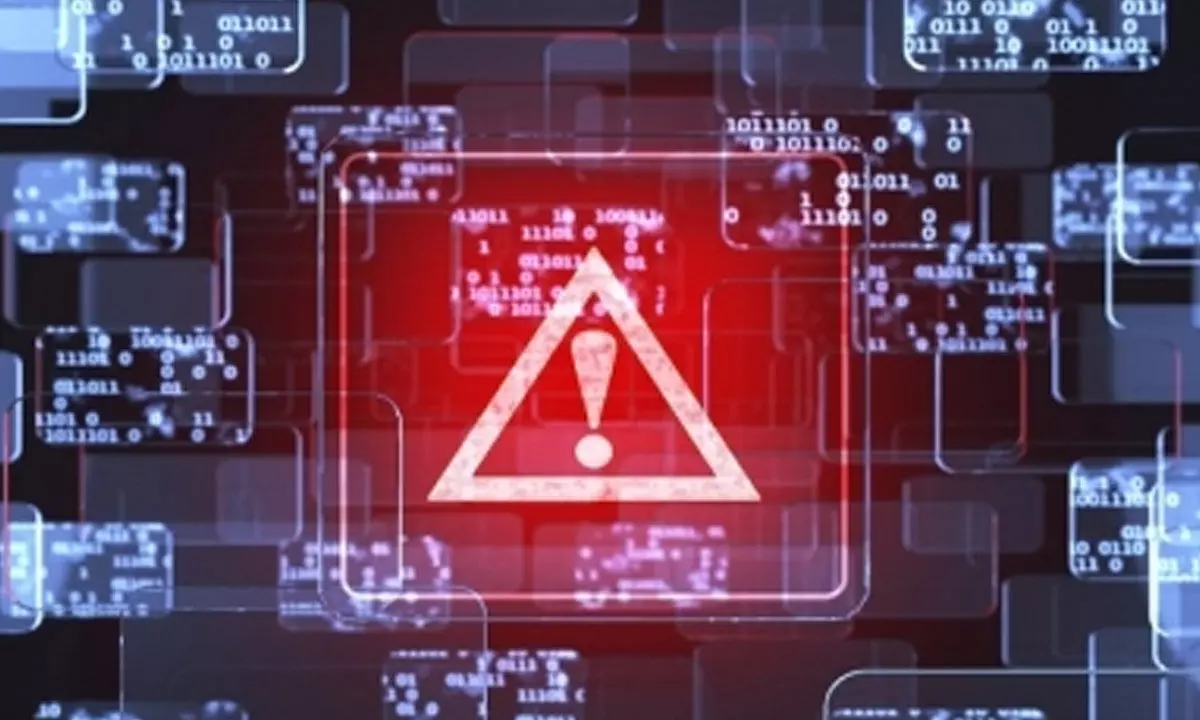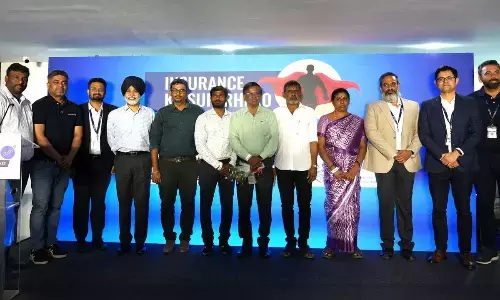Notorious ransomware groups now targeting companies with remote encryption
Share :

Some of the most active ransomware groups are deliberately switching on remote encryption for their cyber attacks, infiltrating deeper into companies and crippling their operations, a report showed on Tuesday.
New Delhi: Some of the most active ransomware groups are deliberately switching on remote encryption for their cyber attacks, infiltrating deeper into companies and crippling their operations, a report showed on Tuesday.
In remote encryption attacks, also known as remote ransomware, adversaries leverage a compromised and often underprotected endpoint to encrypt data on other devices connected to the same network.
Sophos, a global leader in delivering cybersecurity as a service, has detected a 62 per cent (year-over-year) increase in intentional remote encryption attacks since 2022.
Some of the most prolific and active ransomware groups, including Akira, ALPHV/BlackCat, LockBit, Royal, and Black Basta, are deliberately switching on remote encryption for their attacks, the report mentioned.
"Companies can have thousands of computers connected to their network, and with remote ransomware, all it takes is one underprotected device to compromise the entire network," said Mark Loman, Vice President, threat research at Sophos, and the co-creator of CryptoGuard anti-ransomware technology.
"Attackers know this, so they hunt for that one 'weak spot' — and most companies have at least one. Remote encryption is going to stay a perennial problem for defenders, and, based on the alerts we’ve seen, the attack method is steadily increasing," Loman added.
Since this type of attack involves encrypting files remotely, traditional anti-ransomware protection methods deployed on remote devices don’t "see" the malicious files or their activity, failing to protect them from unauthorised encryption and potential data loss.
CryptoGuard does not hunt for ransomware; instead, it zeroes in on the primary targets — the files.
"It applies mathematical scrutiny to documents, detecting signs of manipulation and encryption. Notably, this autonomous strategy deliberately does not depend on indicators of breach, threat signatures, artificial intelligence, cloud lookups, or prior knowledge to be effective," according to the company.
"Given that reading data over a network connection is slower than from a local disk, we have seen attackers, like LockBit and Akira, strategically encrypt only a fraction of each file," said Loman.
Recent Posts
India Inc to seek 3.9 mn jobs in first half of 2024: Report
December 26, 2023 5:23 PM
Tata Motors wins UP govt order to supply 1,350 buses
December 26, 2023 4:52 PM
IndiGo to start Mumbai-Ayodhya flight from Jan 15
December 26, 2023 4:32 PM
Large Indian firms 2.3X more likely than startups to have responsible AI practices
December 26, 2023 4:10 PM
Foxconn delegation meets Telangana CM Revanth Reddy
December 26, 2023 2:29 PM
ACs, panel TVs witness rise in volumes, phone volume sales down 2%: Report
December 26, 2023 3:20 PM
Mini Ratna TCIL pays dividend to Centre
December 26, 2023 2:12 PM
PLI schemes have brought in Rs 95,000 cr investments: Centre
December 26, 2023 1:35 PM
From mirrorless lens to AI video analytics: Decoding the growth of India’s imaging industry
December 26, 2023 1:32 PM
BharatPe logs 182% growth in revenue in FY23, EBITDA loss cut by Rs 158 cr








